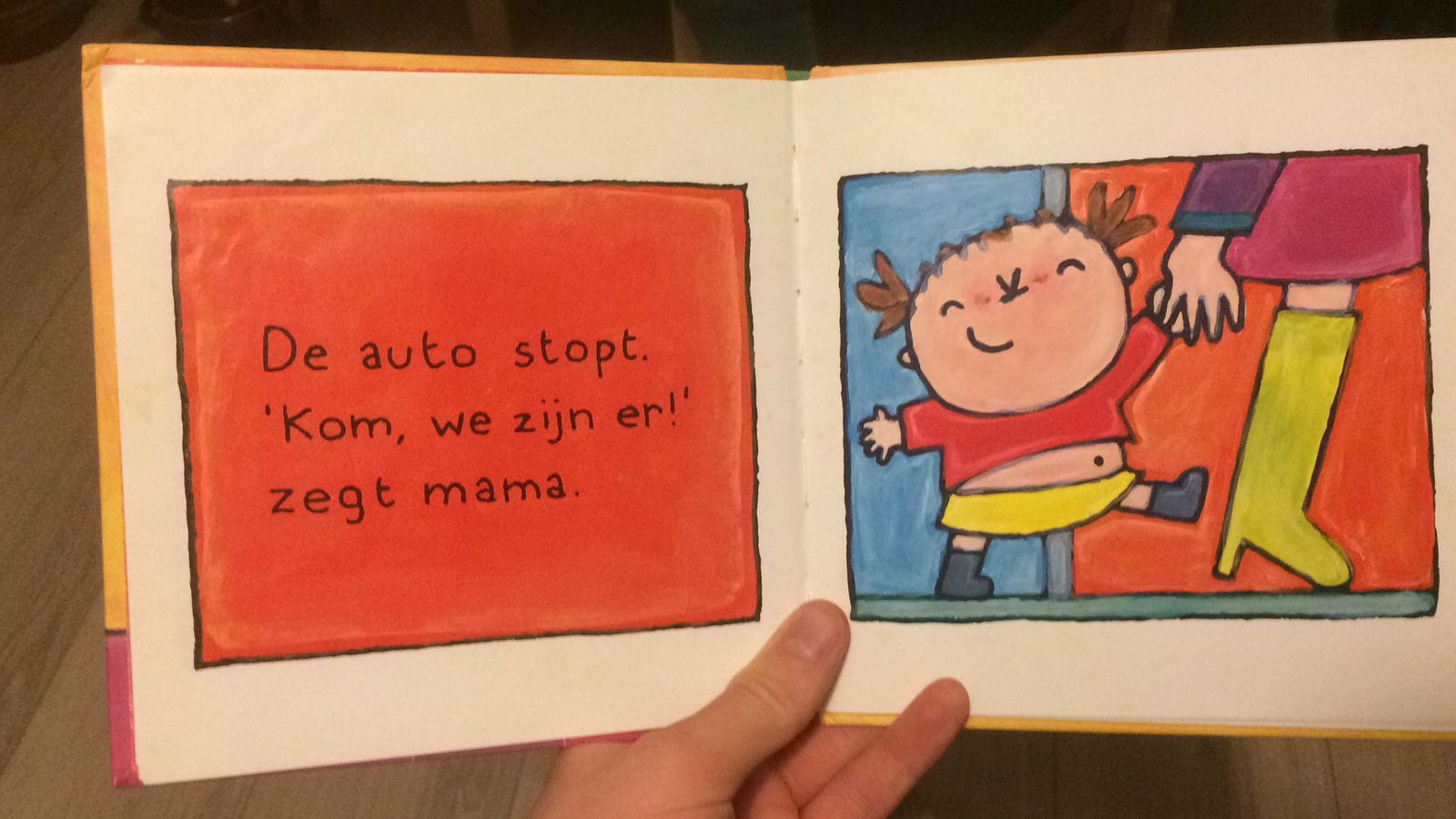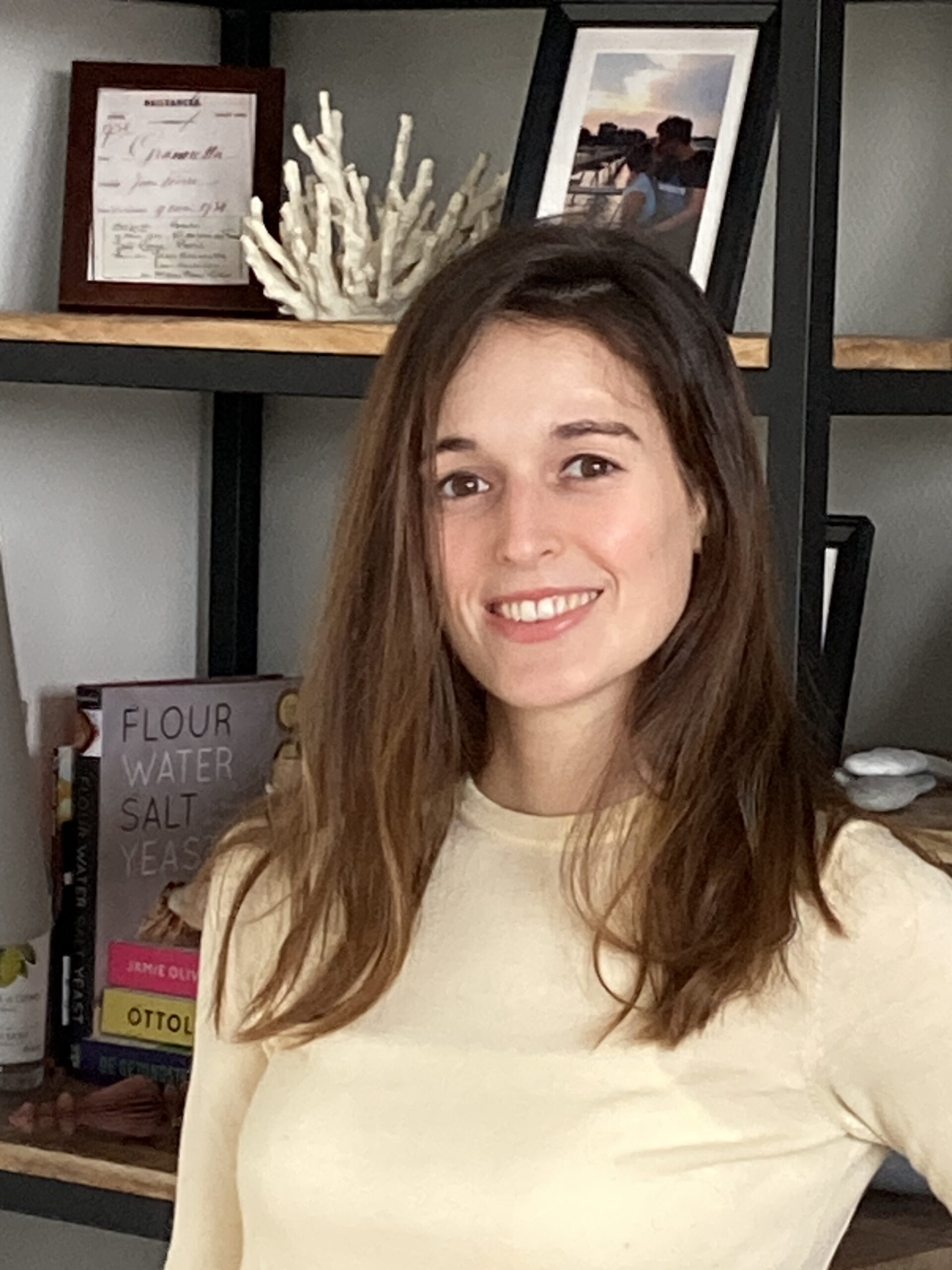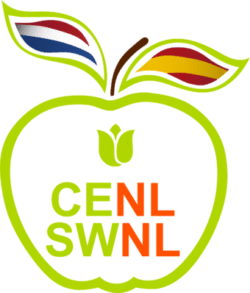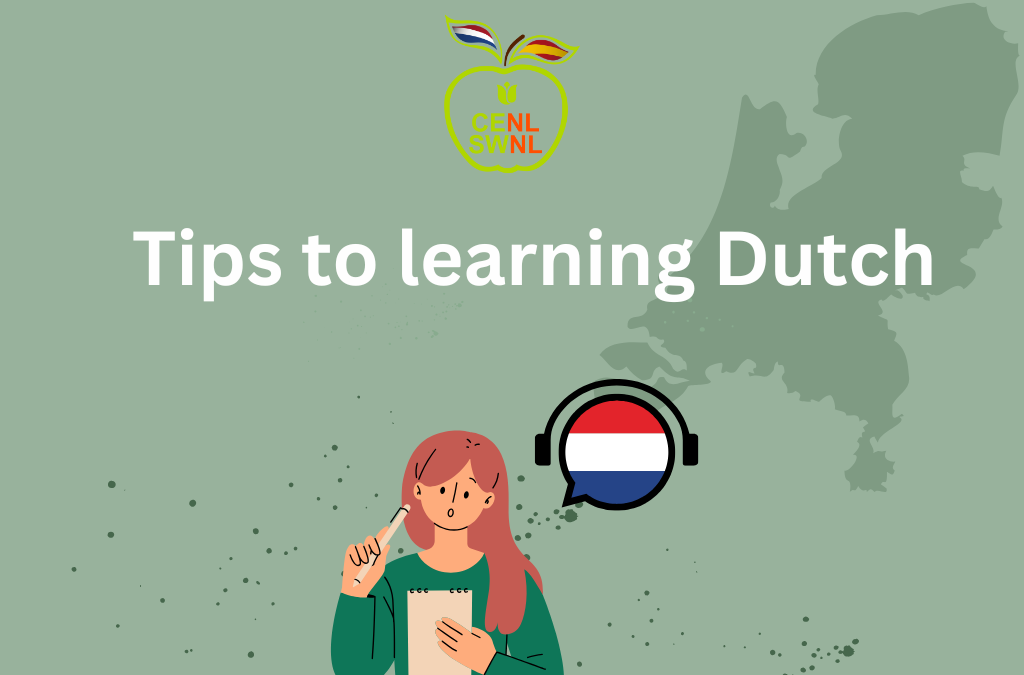My tips to learning Dutch
In September 2016, I arrived in the Netherlands to obtain my master’s degree in biomolecular sciences at the Vrije Universiteit Amsterdam. During my first year and a half living in the Netherlands, I did not give much importance to studying Dutch, considering that my stay would end with my master’s studies. I had planned to go to Denmark to do my PhD, as I had previously done my undergraduate internship there and fell in love with the country and its culture. However, things did not turn out as I had planned. Although I went back to Denmark for a final internship, by that time, I had already met my partner, who turned out to be Dutch, and love brought me back to Amsterdam. I knew then that I would be staying here with my guy for quite a while, which motivated me to start studying the language.
Learning a language can be complicated, especially when they are not your thing or as complicated as Dutch. That’s why I would like to share with you some tricks I incorporated into my learning process and found very useful. I leave them below!
Start easy with books for toddlers
My first contact with Dutch was through books for small children. You know those books that the little ones sell at the Koningsdag for €0.50, €1.00, or €2.00? Well, I have a collection of those. My boy went crazy and bought a bunch of books for me. He thought it might be an excellent way to learn vocabulary, and he wasn’t wrong!

These books usually have a couple of sentences with giant letters and even bigger pictures, so it is pretty easy to guess the meaning of the words. Not only that, but the best is that translating just two sentences without previous knowledge of the language is quite motivating. So much so that I got a taste for these books and lost count of how many I had read. This tip is my favorite, and although it may seem silly, I highly recommend it.
Learn the basics at your own pace with a bit of self-study
Reading the children’s books, makes me to find the strength to take another step and start with self-study. I bought an introductory book on Dutch grammar and exercises and started studying. I remember that learning the sounds was horrible. I had the help of my boy, but he corrected me so much that sometimes I got demotivated or even stung by him. It’s not the same to have five vowel sounds in Spanish and to have about 20… the other 15 you have never heard or practiced, so pronunciation will frustrate you because you have no idea how to position your tongue to sound correctly. I’m still struggling with this issue, but other than that, learning and doing exercises on my own and at my own pace was worth it. In-person or online courses are also helpful, but I took advantage of the fact that it was the summer before I started my PhD to spend hours doing exercises.
Support yourself with courses to understand the grammar and keep on reading
After this basic knowledge, I started with classroom courses; although I did everything: classroom, online, and intensive, I combined it with reading to gain fluency and confidence. The first book (no longer for children) that I read and always recommend is ‘Short Stories in Dutch‘; it teaches you how to read in another language without getting demotivated by having to look up the words in a dictionary. Throughout my courses, I also incorporated reading books with a simple story and narration; for example, my level is very well adapted to the style of the writer Saskia Noort, with novels like ‘De eet club’, ‘Nieuwe buren‘ or ‘De verbouwing‘.
Immerse yourself in Dutch
As you can imagine, now comes the part about listening to Dutch. And yes, this was also very helpful, but where do you start? I agree that Dutch TV doesn’t shine for its spectacular range of series, but there are options! I started with a series on Netflix with English subtitles, and after a while, I got hooked on watching one of the most famous (if not the most) shows in the Netherlands: ‘Wie is de mol’ (in English, Who is the mole?). It’s very entertaining. It usually starts in January, and you can download the app to play with family and friends and find out who the mole is. The subtitles are in Dutch, so it pushes you to improve it if you want to follow the program. Along with this, I would recommend listening to podcasts. As there are thousands and everyone has different tastes, I don’t dare to recommend one in particular, but I encourage you to try listening to them in small doses and build up.
Finally, it’s time to talk!
My last advice is to speak in Dutch, not get discouraged if they answer you in English (it’s only polite), and keep trying. If you don’t have anyone to practice with, you can look for language exchange meetings in different cities. For example, the Amsterdam Language Cafe is an excellent option for practicing Dutch (as well as French, English, Spanish, and other languages). Usually, each meeting focuses on one language, so keep an eye out for when it is in Dutch (and Spanish, as others, will also benefit from being able to speak with you).
I hope my experience will help you and motivate you to start or continue studying Dutch. If you have any questions or if I can help you in any way, please do not hesitate to contact me.
Bedankt voor het lezen!
Can you help us to be more? Become a member and participate. Spread the word on the networks. Contact us and tell us about you and your project!

Alba Muniesa Vargas
PhD in DNA damage and repair
I was born in Badalona (Barcelona) and studied Biotechnology at the University of Vic, followed by a Master in Biomolecular Sciences at the Vrije Universiteit Amsterdam. In my master, I followed the course ‘Genetics and Genomics’, which introduced me to DNA repair; from the first class, I was fascinated by this topic, and this led me to start my PhD at Erasmus Medical Center (Rotterdam), where I investigated DNA damage and repair by ultraviolet light and chemotherapeutic drugs. In June 2024, I defended my thesis, and since September 2023, I have been working at ZonMw as a Program Officer.
I am currently in charge of the CENL Professionalization Committee to help other CENLers. In my free time, I enjoy making ceramics at home. My level is beginner, but little by little, I am improving, and it is a great hobby to disconnect. Besides, I love to learn and know history, so I also dedicate time to reading these kinds of books, particularly about the Spanish Civil War and the First and Second World Wars.

